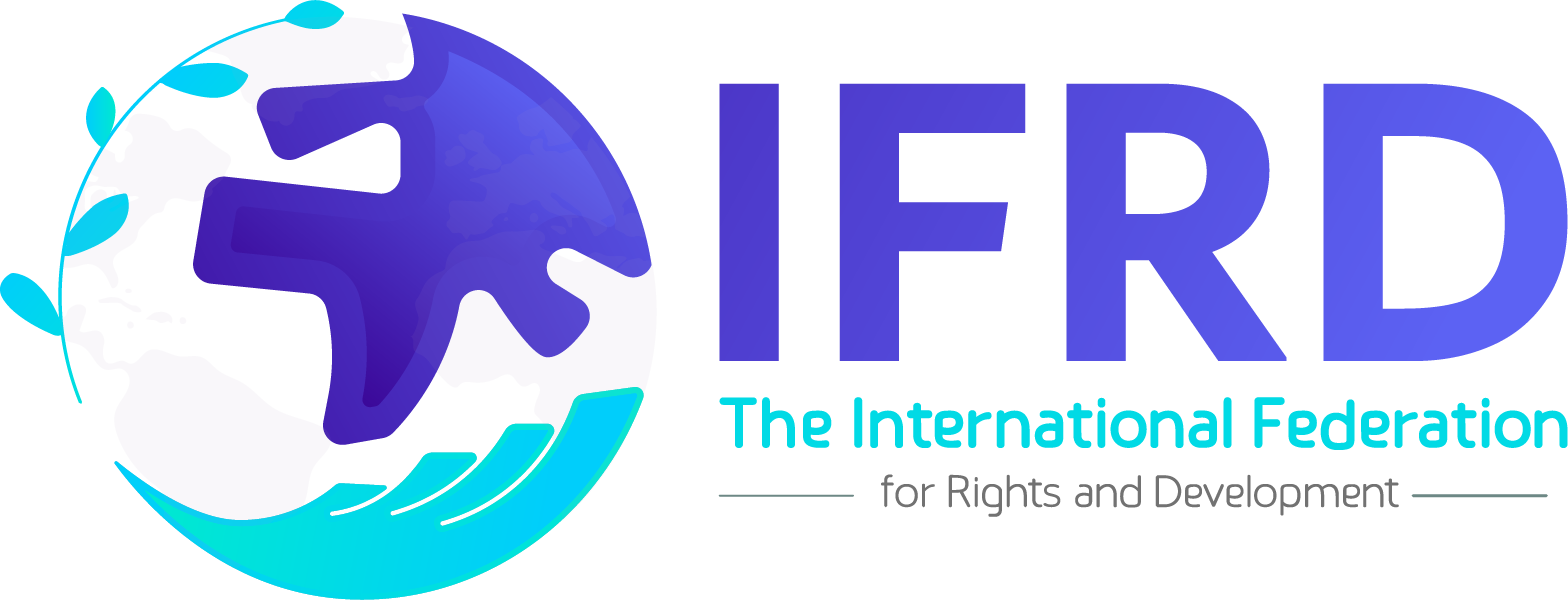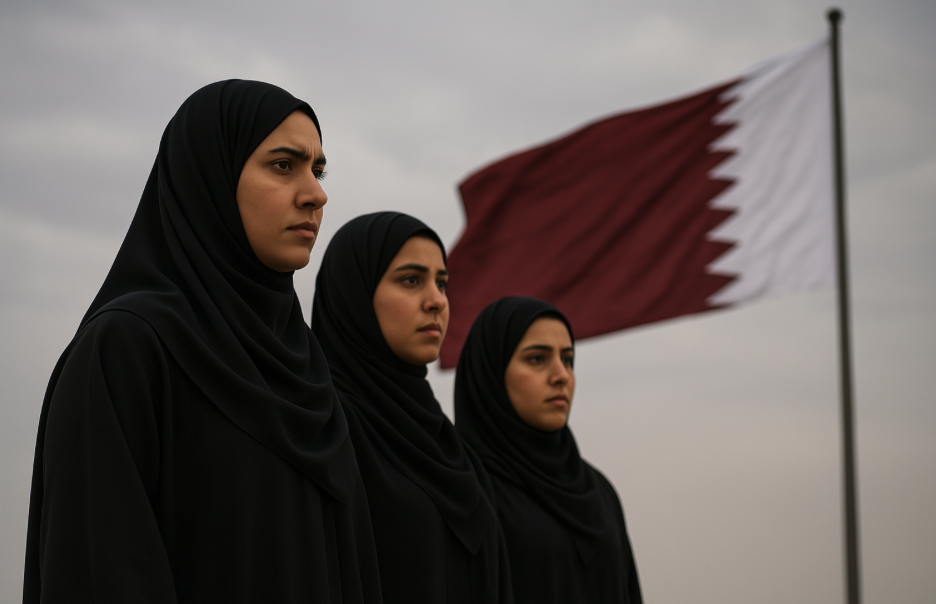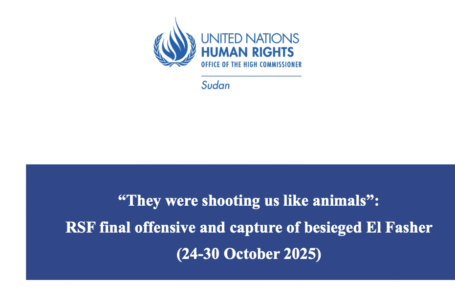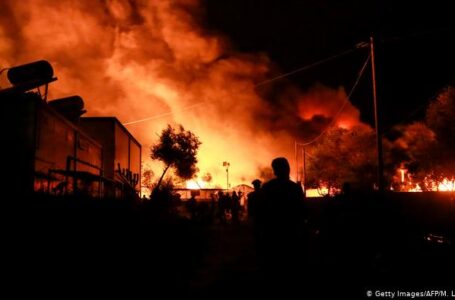The International Federation for Rights and Development (IFRD) notes with concern the election of the State of Qatar to the United Nations Commission on the Status of Women (UNCSW), a body mandated to promote gender equality and the empowerment of women globally.
While we recognize the sovereign right of Member States to participate in international bodies, we believe such roles must come with an unwavering commitment to the core values these institutions uphold.
Qatar’s current legal and social framework raises serious questions about its alignment with the principles of gender equality. Among the concerning practices:
- Unmarried Qatari women under the age of 25 are required to obtain permission from a male guardian to travel abroad.
- Women, regardless of age, must have their guardian’s consent to marry.
- Access to employment, particularly in the public sector, often depends on male guardian approval.
- Certain reproductive health services remain inaccessible without male consent.
- Women are legally denied the right to act as guardians of their children, even when granted custody after divorce.
- Female domestic workers, many of whom are migrants, frequently report overwork, exploitation, and abusive treatment, sometimes amounting to forced labor.
- Men retain unilateral rights to divorce, while women face limited legal grounds and must seek court permission.
These restrictions constitute clear violations of women’s basic rights and freedoms and stand in stark contrast to the UNCSW’s mandate. Electing states with systemic gender discrimination undermines the credibility and effectiveness of international institutions tasked with advancing women’s rights.
IFRD urges the international community and the UNCSW to hold all member states, including Qatar, to account. Membership must be a platform for genuine reform—not a shield for regressive policies. We call on Qatari authorities to use this position not as a symbolic accolade but as an opportunity to take meaningful steps toward dismantling the male guardianship system and ensuring full equality for women under the law.
We remain committed to monitoring and reporting on gender-based rights violations in Qatar and beyond, and to amplifying the voices of women who continue to be denied their agency, autonomy, and dignity.








